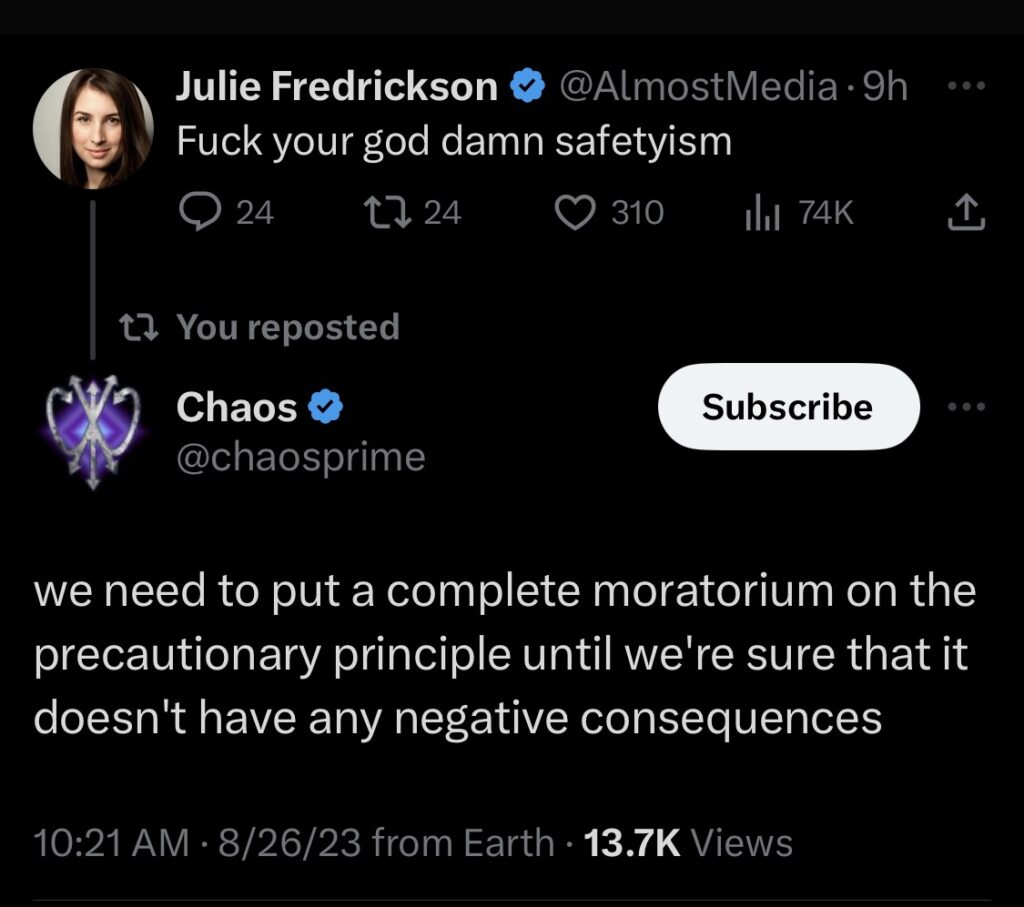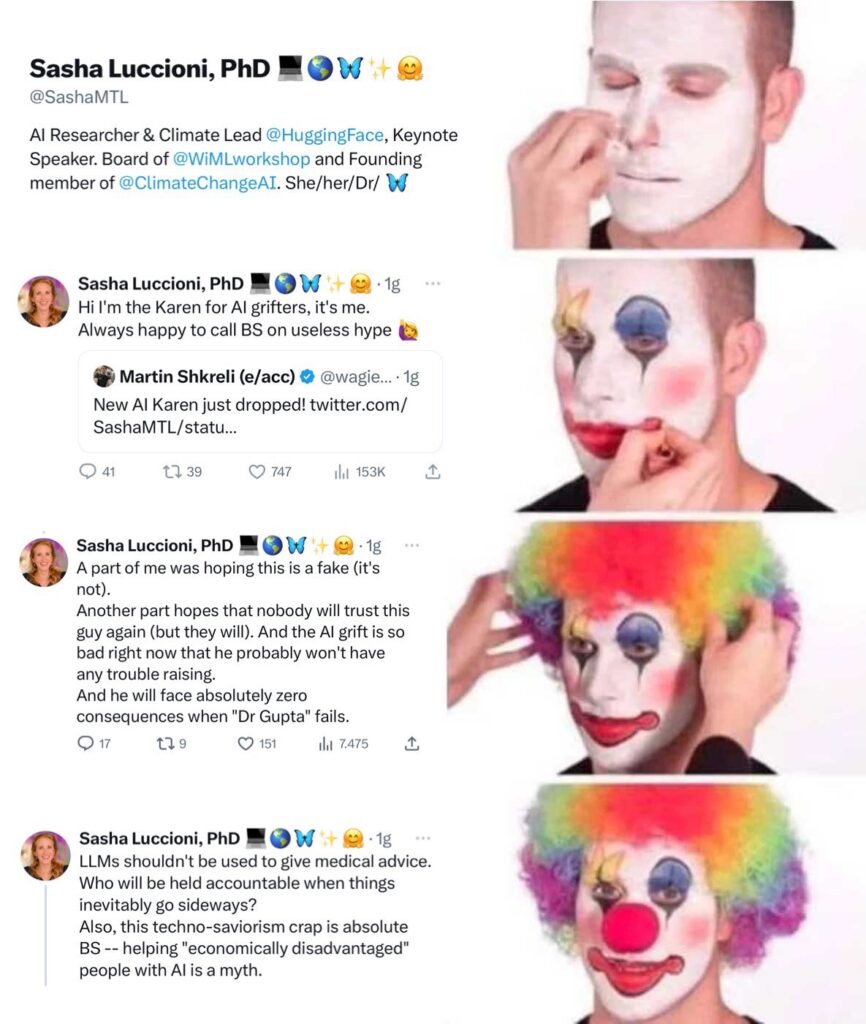As most casual observers of this daily log have probably noticed, one of my main interests is biohacking. It was a hobby in the time of my life I mislabel as “before chronic illness.” It’s not accurate so much as recency bias. I’ve been into biohacking my whole life because I’ve had to manage an unruly body.
I had the best health of my life between 24 and 34. I am rounding the end of my 39th year as I write today. I didn’t think of myself as being chronically ill for that decade.
Probably why I think of my life as having a “before” illness is more that I’ve been in the worst flare of my life for the last five years. It came crashing down with a one two punch of being a startup founder & getting pumped full of hormones for fertility treatments at 33. I was on bedrest and chemotherapy drugs by the time I was 34.
So I have to remind myself there is no time before chronic illness. There was remission. I had long years of robust health interspersed with autoimmune diseases that flared and were contained.
Diagnosis has been a lifelong battle which started with inflammatory skin conditions and horrendous allergies and ended up with the inflammation going inside my spine and joints. Ankylosing spondylitis and psoriatic arthritis is what codes with insurance.
Looking at my health records, I had my first issues at 7 when I entered school, then after puberty as teenager around 15 & 16. I had to drop out of high school and ran a giant let of standardized tests to claw myself to university.
I was hale for college and my first startup but flared so badly after the acquisition of my first company I was put on an experimental immune reboot protocol. Ask me about being put on cyclosporin without an organ transplant.
My most recent, worst and longest flare was in the five year battle after doing IVF and egg freezing in my early thirties. I’ve only really felt like I was able to work my preferred hours this past year. So perhaps that flare is finished. I don’t want to tempt it. Though I yearn to live harder & faster and bigger.
Writing it all out in a timeline makes it seem like the pattern is introducing change and stress into my routines but also there are two big incidents involving hormones. Being put on birth control as a teenager and then whatever the opposite of birth control might be with IVF. Maybe no more synthetic hormone control for me.
Managing your health isn’t easy for anyone. It’s particularly challenging for me. And if the current post pandemic climate is any indication a lot more people are grappling with poorer health. I wish I could offer more help other than saying it’s not easy but flares can be contained. Sometimes with a lot of pharmaceutical intervention. Sometimes with better habits. Sometimes with time. And sometimes it’s just a crap shoot.


